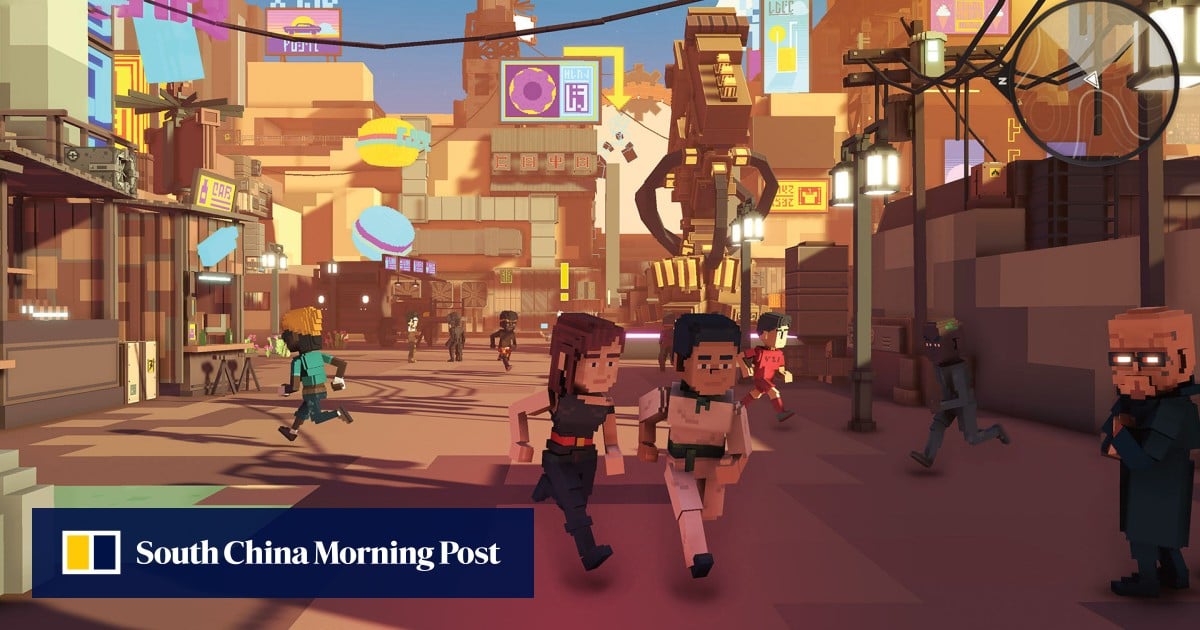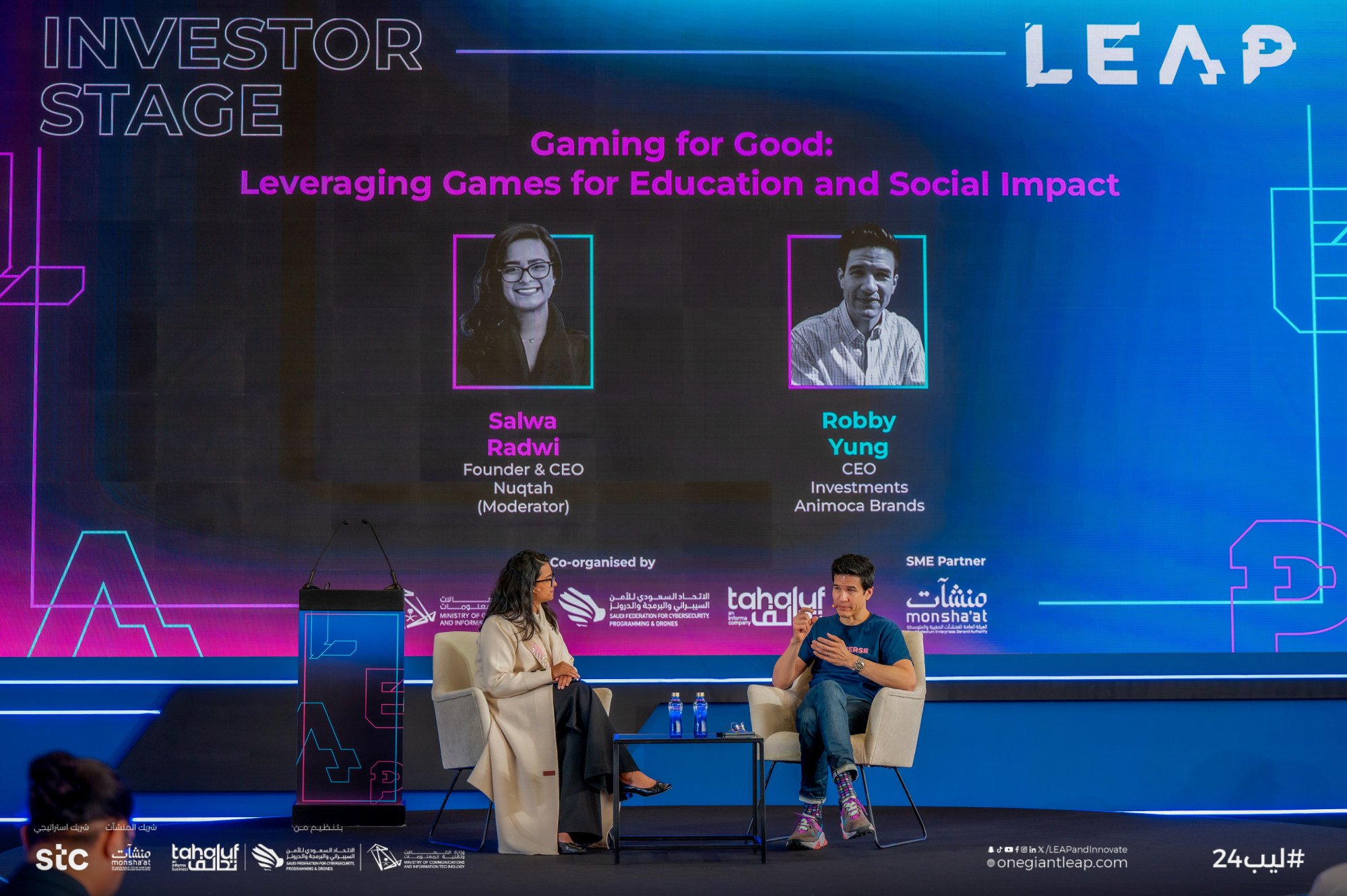
23 Mar Hong Kong’s Animoca Brands gets in on Saudi Arabia’s Web3 ground floor with early investment, partnerships
“Most of our investments are all over the world. But our priority in terms of building out infrastructure and building out business operations is definitely Saudi,” Siu said. “Also, Saudi is a market in itself, with a very strong gaming population.”
Hong Kong’s Animoca secures US$50 million from Saudi project in Web3 push
Hong Kong’s Animoca secures US$50 million from Saudi project in Web3 push
Siu noted that Dubai is primarily an export-driven market, whereas Saudi Arabia has some of the highest average revenues per user (ARPU) in the world.
An estimate from Statista Market Insights put Saudi Arabia’s ARPU across all video game segments last year at US$370.90, far exceeding the global average of US$200.60 and dwarfing most Southeast Asian markets.
Video gaming ARPU in the Philippines was estimated at US$87.74 last year, US$100.20 in Malaysia and US$83.50 in Vietnam. Brunei and Thailand were the only countries in the region to have exceeded global gaming ARPU last year at US$303.70 and US$252, respectively.
The question for a company like Animoca is whether Web3 gaming specifically will take off. There are signs that it has weathered some of the worst industry storms.
One Animoca portfolio game called Pixels has become a huge hit in the Philippines, where people harvest virtual crops to earn crypto tokens as extra income, The New York Times reported this week. About 30 per cent of crypto-earning gamers live in the country, the game’s developers told the Times. Animoca led a US$2.4 million funding round for Pixels in 2022.
“The thesis is playing out as we hoped it would,” Siu said. “Places like the Philippines, Southeast Asia are hotspots of innovation for the Web3 gaming space, in particular because they appreciate capitalism and the opportunities around what digital property rights mean.”
“Southeast Asia is a growing market with an established framework,” he added. “Whereas in Saudi we literally have to design the frameworks.”

So far, Web3 gaming has been relegated to graphically simple casual games like Pixels, which Siu noted is how mobile gaming started too.
“The AAA titles are obviously high-value entertainment, but there’s also the casual element,” he said. “It was the casual games that brought adoption to mobile before we got into Call of Duty, which will come.”
Animoca’s biggest bet on AAA – a designation for high-budget blockbuster titles typically associated with open-world, 3D gameplay – is Phantom Galaxies, a shoot-’em-up in space that launched in May last year from subsidiary Blowfish Studios.
In November, it launched on the online game store Steam, where players have given it middling reviews. However, the Steam version has stripped out the Web3 elements, as the world’s largest gaming platform banned blockchain games in 2021.
Siu acknowledged that last year was tough because of declining crypto valuations. The market tanked after a series of bankruptcies and scandals in 2022. Much of the company’s financial holdings are in crypto assets, which it divides into liquid and off-balance-sheet reserves, including Sand, the native token of The Sandbox, the metaverse platform owned by Animoca.
The market has seen a huge rebound in the new year, with bitcoin hitting a record price of US$73,800 this week.
“Obviously 2023 was a difficult year”, but so far this year “values have increased dramatically”, Siu said. “It’s going to have a material impact.”
